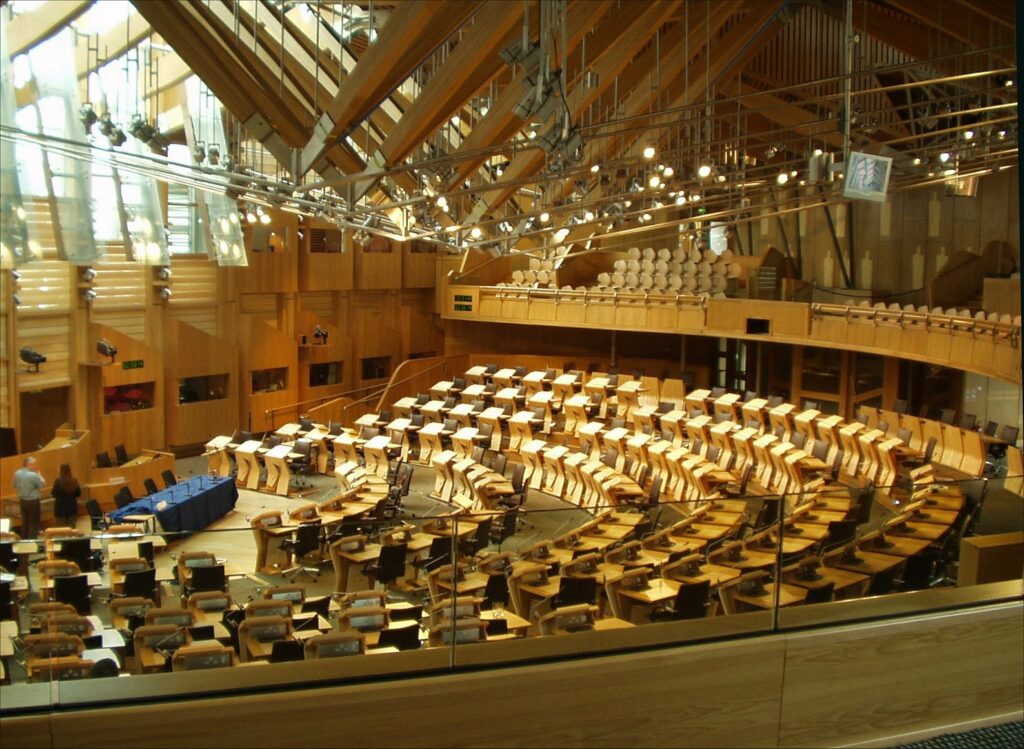Scotland is aiming to position itself as a low carbon technologies hub by 2020 after first minister Nicola Sturgeon today announced a £60 million Innovation Fund to support battery storage and other low carbon energy infrastructure.
Announced as part of Scotland’s new Programme for Government, the fund will also be used to support electric vehicle (EV) charging infrastructure after the Scottish government committed to phasing out diesel and petrol cars by 2032, eight years ahead of the Westminster target.
Making the announcement while visiting the Riverside Museum in Glasgow, Sturgeon said: “For centuries, Scotland has been home to many great inventions and I want this technological innovation to be renewed for the future. I want us to be world leaders in developing new low carbon energy technologies and embrace social changes that will reduce our emissions.
“We have set out a bold new ambition on ultra-low emission vehicles, including electric cars and vans, with a target to phase out the need for petrol and diesel vehicles by 2032, underpinned by a range of actions to expand the charging network, support innovative approaches and encourage the public sector to lead the way.
“Earlier this year I visited Tesla in Silicon Valley to discuss the importance of energy storage technology to Scotland’s wider energy strategy. That visit was an inspiration. We’re witnessing rapid technological change and the many companies focussing their efforts on this sector are making extraordinary advances. I want to see Scotland play its full part in this age of innovation.”
The new Innovation Fund will also encourage academia and business to find solutions to challenges identified by the Scottish government, such as charging electric vehicles in heavily tenemented towns and cities.
Other measures included in the Programme for Government are an expansion to Scotland’s electric charging infrastructure by 2022; creation of Scotland’s first ‘electric highway’ on the A9, including charging points along the route; and the publication of a final Energy Strategy by the end of 2017 to support the development of ‘a modern, integrated clean energy system’.






